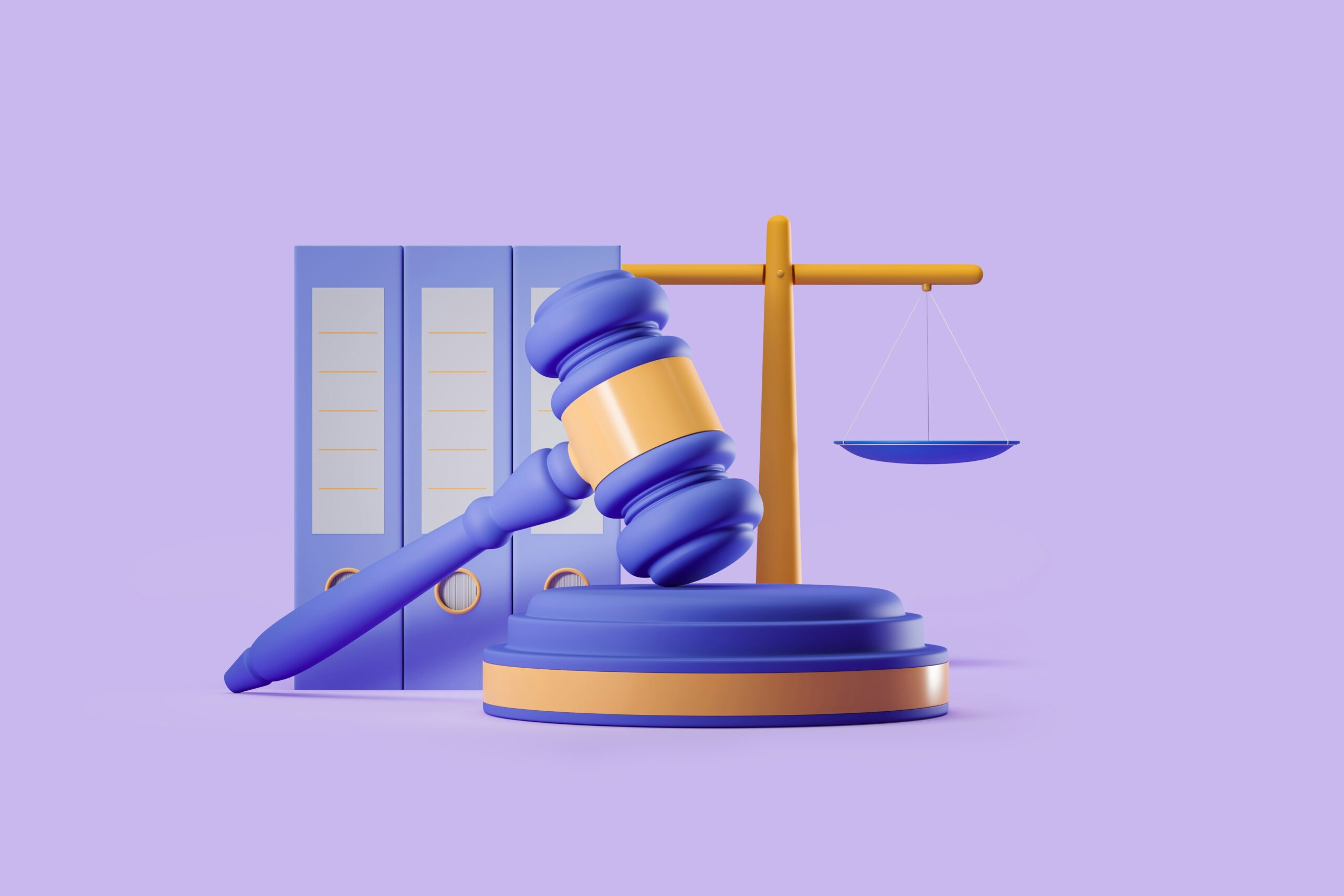
In criminal defense, the relationship between a client and their attorney is built on trust and confidentiality. The concept of client-attorney privilege is one of the cornerstone principles of the American legal system, ensuring that communications between a defendant and their lawyer remain protected. Understanding the scope of this privilege is crucial for both clients and attorneys. This article delves into the importance of client-attorney privilege, its exceptions, and the steps lawyers must take to maintain confidentiality in criminal defense cases.
Understanding Client-Attorney Privilege
Client-attorney privilege is the legal right that protects communications between a client and their attorney from being disclosed to third parties without the client’s consent. This protection encourages open and honest dialogue between the attorney and the defendant, allowing the attorney to provide effective legal counsel. The privilege extends to oral and written communications, provided the conversation occurs in the context of legal advice.
The privilege exists to foster justice, as it allows clients to speak candidly about the facts of their case without fear that their words will be used against them in court. Attorneys can offer tailored legal advice and devise strategies based on accurate information, ultimately serving the client’s best interest.
Critical Aspects of Client-Attorney Privilege in Criminal Defense
In a criminal defense case, client-attorney privilege offers vital protection. With this privilege, clients may be able to provide crucial information that could influence the outcome of their defense. Here are some critical aspects of the privilege:
- Scope of Privilege: The privilege applies to all communications between the attorney and client when seeking or providing legal advice. This includes advice regarding the client’s rights, legal options, and the potential consequences of their actions. The privilege applies to work products such as legal notes, research, and strategic planning documents.
- Who Is Protected?: The privilege belongs to the client, not the attorney. This means that only the client can waive the privilege, and any disclosure of privileged information by the client waives the protection. However, attorneys are ethically bound not to disclose such information unless authorized by the client or required by law.
- Communication Requirements: The privilege protects only communications made to obtain legal advice. If a client discusses facts with an attorney that are not related to legal advice, those communications may not be protected.
Maintaining Confidentiality in Criminal Defense
Maintaining confidentiality in criminal defense is not merely about protecting attorney-client communications but also about securing any sensitive or private information shared during the legal process. Attorneys must adhere to strict ethical guidelines and professional conduct standards, ensuring that privileged information remains secure at all times. Here are some steps attorneys take to maintain confidentiality:
- Secure Communication Channels: Attorneys must use secure communication methods with their clients, mainly when digital communications are more common. Lawyers often use encrypted emails, secure messaging platforms, and private phone calls to ensure that third parties do not intercept sensitive information.
- Limiting Disclosure: Attorneys should only share privileged information with those essential to the legal process. This includes team members within the law firm, investigators, or expert witnesses working on the case. All individuals involved must understand their obligation to maintain confidentiality.
- Client Education: Lawyers must educate their clients about the scope of the privilege. Clients should know that the information they share may be used against them once they waive the privilege. By keeping the lines of communication open and transparent, attorneys can guide clients to make informed decisions.
- Proper Documentation: Lawyers should document all communications related to the case thoroughly. However, ensuring that documentation is kept in secure locations and handled carefully is essential. By following best practices for document management, attorneys can reduce the risk of unintentional disclosures.
Exceptions to Client-Attorney Privilege
While client-attorney privilege is a powerful tool, it is not absolute. Several notable exceptions exist where privileged information can be disclosed, even without the client’s consent. These exceptions include:
- Crime-Fraud Exception: If a client seeks legal advice to commit a crime or fraud, the communications made for that purpose are not protected by privilege. In such cases, the attorney must disclose the information to authorities, and the client cannot use the privilege to shield criminal activity.
- Waiver of Privilege: If a client voluntarily discloses privileged communications to a third party, they may waive the privilege. For example, the privilege may no longer apply if a client shares confidential information with someone not involved in their legal case.
- Court Orders: In certain circumstances, a court may order the disclosure of privileged communications. For instance, if a judge determines that the information is critical to resolving a case, they may issue a subpoena or ruling requiring the attorney to reveal protected information.
The Role of Attorneys in Upholding Privilege
For attorneys, maintaining client-attorney privilege is a professional responsibility beyond legal obligations. Attorneys are ethically bound to safeguard their clients’ interests and uphold the integrity of the legal system. The ABA Model Rules of Professional Conduct outline specific duties related to confidentiality, with Rule 1.6 being particularly relevant to client-attorney privilege.
Lawyers must also recognize the potential consequences of breaching confidentiality. Violating the privilege can result in severe penalties, including professional discipline, civil liability, and the loss of client trust. By taking every step to protect confidential information, attorneys adhere to the law and maintain their professional reputation.
Client-attorney privilege is a vital protection in criminal defense cases, ensuring that defendants can communicate openly with their attorneys without fear of their words being used against them. This privilege strengthens the justice system by allowing attorneys to provide the best legal counsel based on accurate information. However, clients and attorneys must understand the nuances of this privilege, including the exceptions and the steps required to maintain confidentiality. Confidentiality is not just a legal requirement in criminal defense—it’s the foundation of a successful defense strategy.